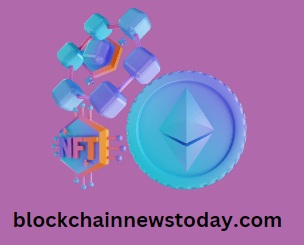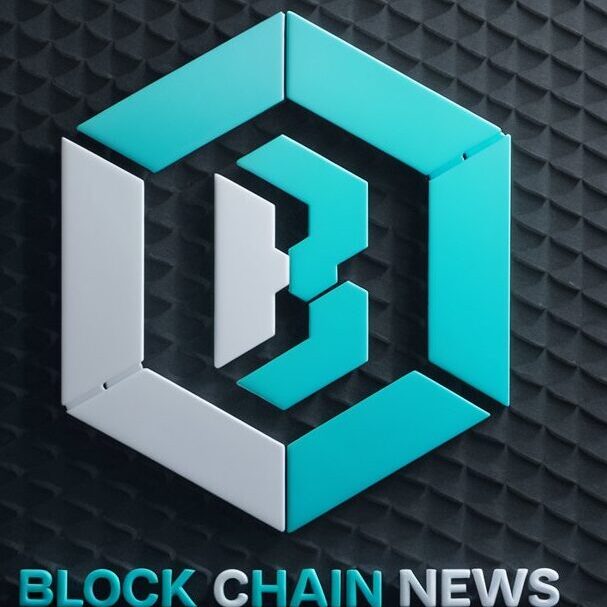Block chain
Title: Unlocking the Potential of Blockchain: A Gateway to Decentralized Innovation
In today’s digital age, where data rules supreme and trust is paramount, blockchain technology emerges as a transformative force with the potential to revolutionize numerous industries. At its core, blockchain is a decentralized, distributed ledger technology that enables secure and transparent transactions without the need for intermediaries. But its implications extend far beyond just financial transactions, promising to disrupt supply chains, healthcare systems, voting processes, and more.
One of the key features of blockchain is its immutable nature. Once data is recorded on the blockchain, it cannot be altered or deleted without the consensus of the network participants. This creates a high level of trust and transparency, eliminating the need for third-party verification and reducing the risk of fraud or tampering.

Moreover, blockchain enhances security by employing cryptographic techniques to protect data integrity. Transactions are encrypted and linked together in blocks, forming a chain that is resistant to hacking and unauthorized access. This heightened security is particularly valuable in industries like finance and healthcare, where sensitive information is at stake.
Another significant advantage of blockchain is its ability to foster decentralization. Traditional centralized systems are vulnerable to single points of failure and are often controlled by a single entity, leading to issues of censorship and manipulation. In contrast, blockchain operates on a distributed network of nodes, ensuring that no single entity has control over the entire system. This decentralized architecture promotes inclusivity, resilience, and democratization of data and resources.
Furthermore, blockchain has the potential to streamline processes and reduce costs by eliminating intermediaries and automating tasks through smart contracts. These self-executing contracts are programmed to automatically trigger actions when predefined conditions are met, facilitating trustless transactions and reducing the need for manual intervention.
Despite its immense potential, blockchain technology is still in its infancy, facing challenges such as scalability, interoperability, and regulatory uncertainty. However, as research and development efforts continue to progress, and as more organizations recognize the benefits of blockchain adoption, these challenges are gradually being addressed.
In conclusion, blockchain stands as a beacon of innovation, offering a glimpse into a future where trust, transparency, and decentralization reign supreme. By harnessing the power of blockchain, we can unlock new opportunities for economic growth, social empowerment, and technological advancement. As we navigate this exciting frontier, let us embrace the potential of blockchain to reshape the world as we know it.
